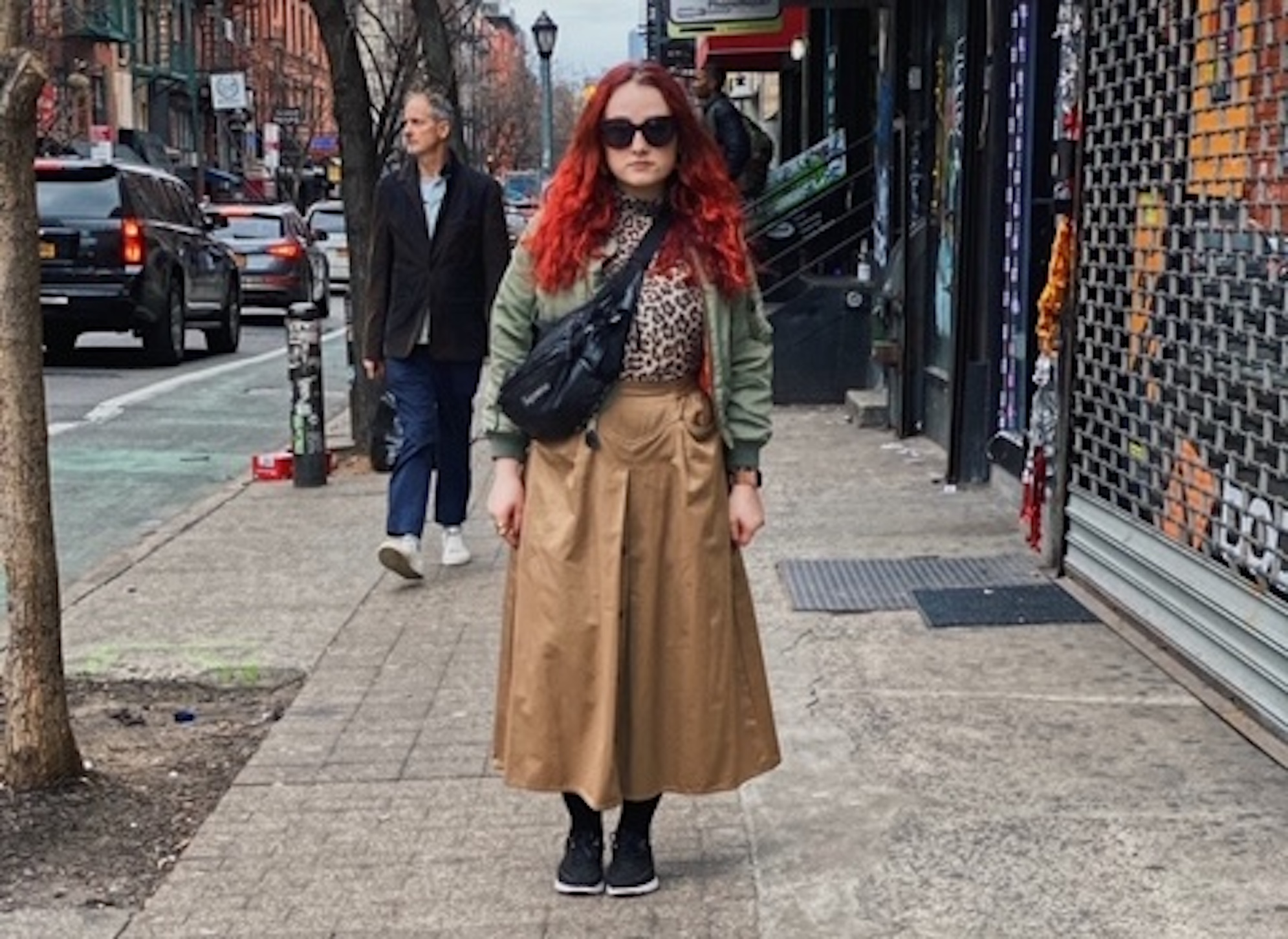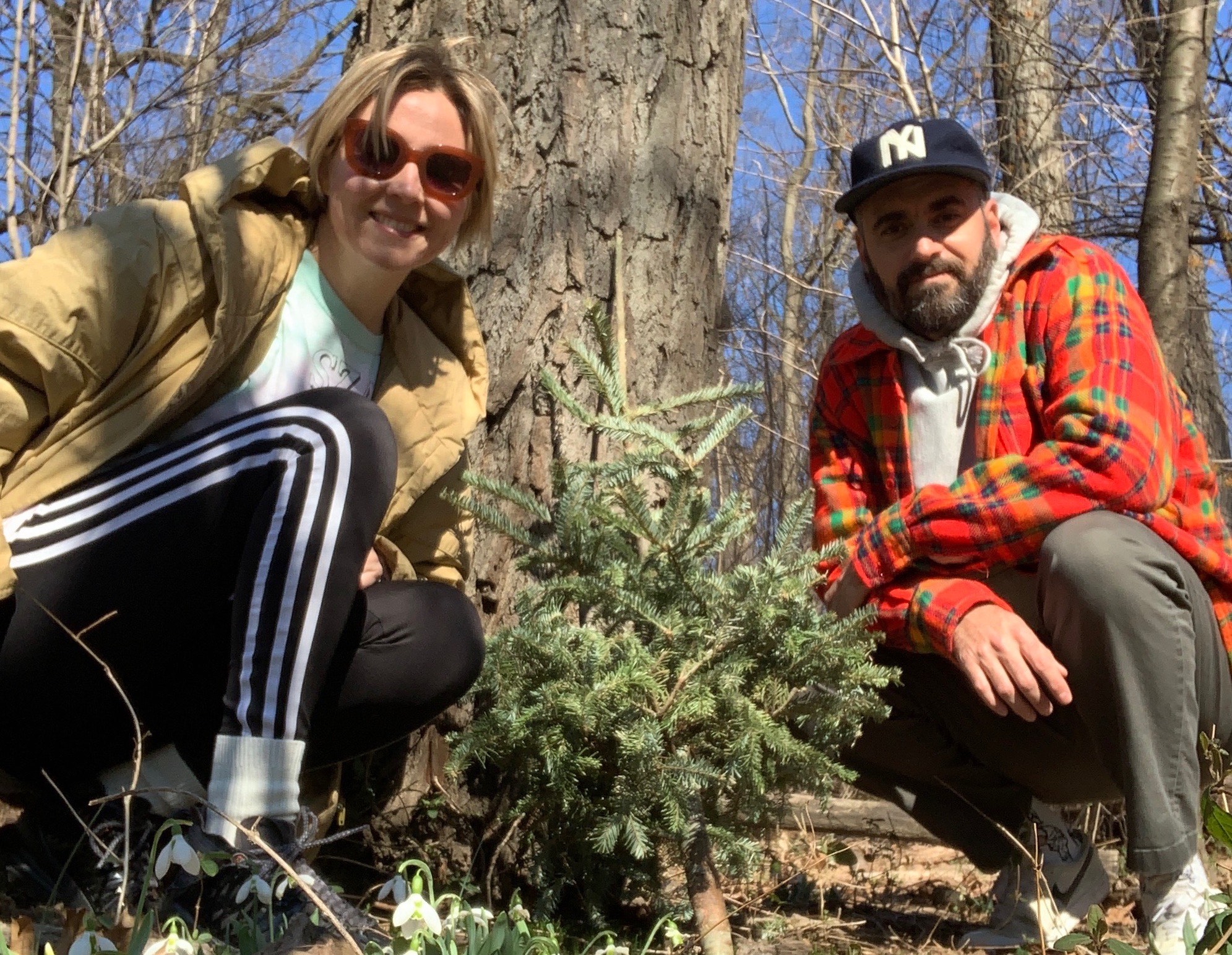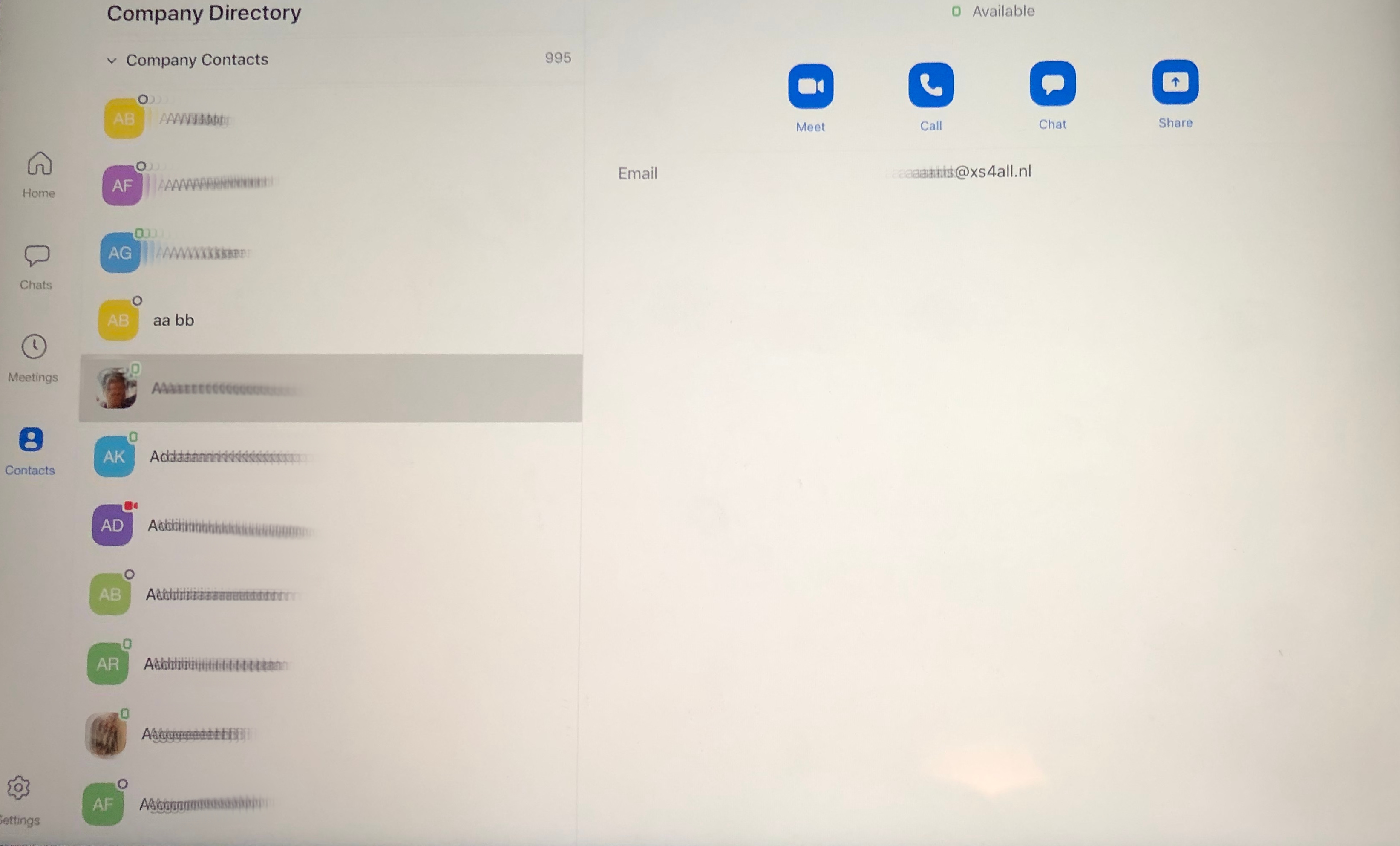Lorena Borjas, who was considered the mother of the transgender Latinx community in Queens, New York, died on Monday, reportedly of COVID-19.
“You can’t feel anything,” said Cecilia Gentili, a trans Latina woman and a leading advocate for trans rights who knew Borjas for roughly 15 years. Borjas was “like a mother,” to Gentili, who personally assisted Borjas throughout her time with the virus.
Gentili said Borjas first became ill in mid-February, weeks before the first COVID-19 diagnosis was confirmed in New York City. “She called me and said she had a fever and cough,” Gentili says. “[Borjas] had been feeling that way for four days, and I told her to go to the hospital. She refused to go, but I told her no wasn’t an option.”
Gentili called an ambulance, and Borjas was tested, then sent home without a confirmed diagnosis, though “the doctor was suspicious that it was the Coronavirus,” Gentili said. “The hospitals were getting full, and I guess they thought she could beat it at home. She didn’t.”
New York has rapidly become the “epicenter” of the global pandemic, according to figures from the Centers for Disease Control and Prevention. According to the New York Times, as of Tuesday, 75,795 people have been diagnosed with COVID-19 in New York State, with the death toll reaching 1,550.
Borjas spent her time advocating for trans women in prison, those in need of housing, legal representation, and healthcare. Much of her work for the community was done for free, in the hours she wasn’t working at her full-time job. In the months before Borjas’ death, Gentili secured a small grant from the Keith Haring Foundation, before connecting Borjas to the Trans Equity Coalition. “I was working really hard to get her a full salary to do the work she does without having to have a full-time job,” Gentili said. “We had a plan. We were very optimistic.”
Last week, Gentili said she became concerned after she hadn’t heard from Borjas for several days. News of the spike in deaths linked to COVID-19 at Elmhurst Hospital in Queens broke, and Gentili was dismayed to learn that Borjas had been admitted there. Gentili said Borjas was then sent to Coney Island Hospital in Brooklyn due to a shortage of ventilators at Elmhurst.
On Sunday evening, after spending days working with the hospital to coordinate Borjas’ care, Gentili sent dinner to the entire floor of the hospital where Borjas was being treated. Several hours later, she was awakened by a phone call from the facility, alerting her of Borjas’ death. Now, a community is struggling to accept the loss of one of its most cherished leaders, who advocated on issues spanning from sex work, immigration, and health care, including HIV prevention.
“Lorena was the person who would go out giving condoms to the girls, walking all night to ensure they were safe,” Gentili said. “She had people in her home after they got out of jail. If somebody calls me at 3 in the morning I don’t call back until the next day. Lorena always answered. She was interested in interrupting the deportation process via her community bail fund.”
Chase Strangio, the deputy director for Transgender Justice at the American Civil Liberties Union, and a leader in the legislative fight for transgender rights, worked closely with Borjas starting in 2010 through his work with the Sylvia Rivera Law Project. “She would come to the office multiple times a week with a list of people in need of legal services and notes about everything we needed to do to support her community,” Strangio said. “She was relentless and brilliant. I learned more about the law and systems of legal injustice from her than from anyone or any institution.”
Much of their work together focused on providing practical care to some of the most vulnerable community members.
“Together in 2011 we started to pay cash bail and bond together in a more formalized way and co-founded the Lorena Borjas Community Fund to fight to get people out of detention,” said Strangio, who is a trans man. “She took care of so many people in so many ways and always had time and space for joy and love and celebration.”
Borjas threw Strangio a baby shower in 2012 before the birth of his child. “We connected across age and language to share in our love for community. Lorena and the community of trans immigrants from Jackson Heights bought us a car seat and stroller and showed up with so many gifts, and food, and so much love.”
On Monday evening, a Zoom meeting organized by Strangio and Gentili brought nearly 250 community members from coast to coast together to speak in Borjas' memory. Trans rights leader Ceyenne Doroshow spoke of collective loss, praising Borjas’ life, and ensuring that Borjas would be honored in death as she honored her community in life. Countless Latinx individuals on the call struggled to speak through their grief, telling stories about the way that Borjas changed their lives forever.
State Assemblywoman Catalina Cruz met Borjas years ago. “I was supposed to be at an event she invited me to in late January, but I couldn't make it in time,” Cruz said. “The last time I saw her was at a rally for sex workers in September. She was a voice for so many people. Her death leaves such a void. Lorena was a figurehead at a local and national level. All we have left is to fight in her honor.”
In December 2017, Gov. Andrew Cuomo pardoned Borjas for charges associated with her undocumented immigration to the United States from Mexico after being subjected to sex trafficking, granting Borjas new security in this country. Lynly Egyes of the Transgender Law Center represented Borjas at that time, stating in 2017 that, “Lorena has done more than anyone else I know to shine a light on the epidemic of trafficking in transgender communities and to help other trans women escape exploitation.”
“She was a trans woman, she was Latinx, she was Mexican, undocumented for years, a sex worker, a drug user for many years, and she had been incarcerated,” Gentili said. “I think she wanted to make a change for communities because she understood their pain. She saved herself from historical oppression.” As a fellow leader in trans advocacy, Gentili looked to Borjas for direction. “I wanted to be like Lorena Borjas, but I couldn’t be; I’m not that selfless,” Gentili said. “She was unparalleled.” Borjas spent last Thanksgiving with Gentili, bringing 12 trans women who had been in ICE detention with her. “Lorena helped them obtain housing, and health care,” Gentili said.
In a written statement to VICE, Make the Road NY, an organization that advocates for the rights of immigrant and working class populations, highlighted the profound meaning that Borjas brought to her work, and how deeply she enriched the lives of others. "We are heartbroken to have lost an incredible leader and champion of the TGNCIQ+ community. Lorena spent her life tirelessly fighting and supporting our trans sisters, making sure they were treated with dignity and respect they deserve. We will truly miss her. May she rest in power and love.”
“She supported me and believed in me in every way and I hope that if nothing else I can fight in her memory for a more just world,” Strangio said. “She died of COVID-19, but she also died from capitalism, and racism, and over policing, and white supremacy. Her body held so much pain and trauma and still she worked relentlessly to give so many other people a chance to live and thrive. I am a better person and advocate and parent because of the love and grace that Lorena showed me."
Sign up for our newsletter to get the best of VICE delivered to your inbox daily.
from VICE https://ift.tt/2WYCBUY
via cheap web hosting



